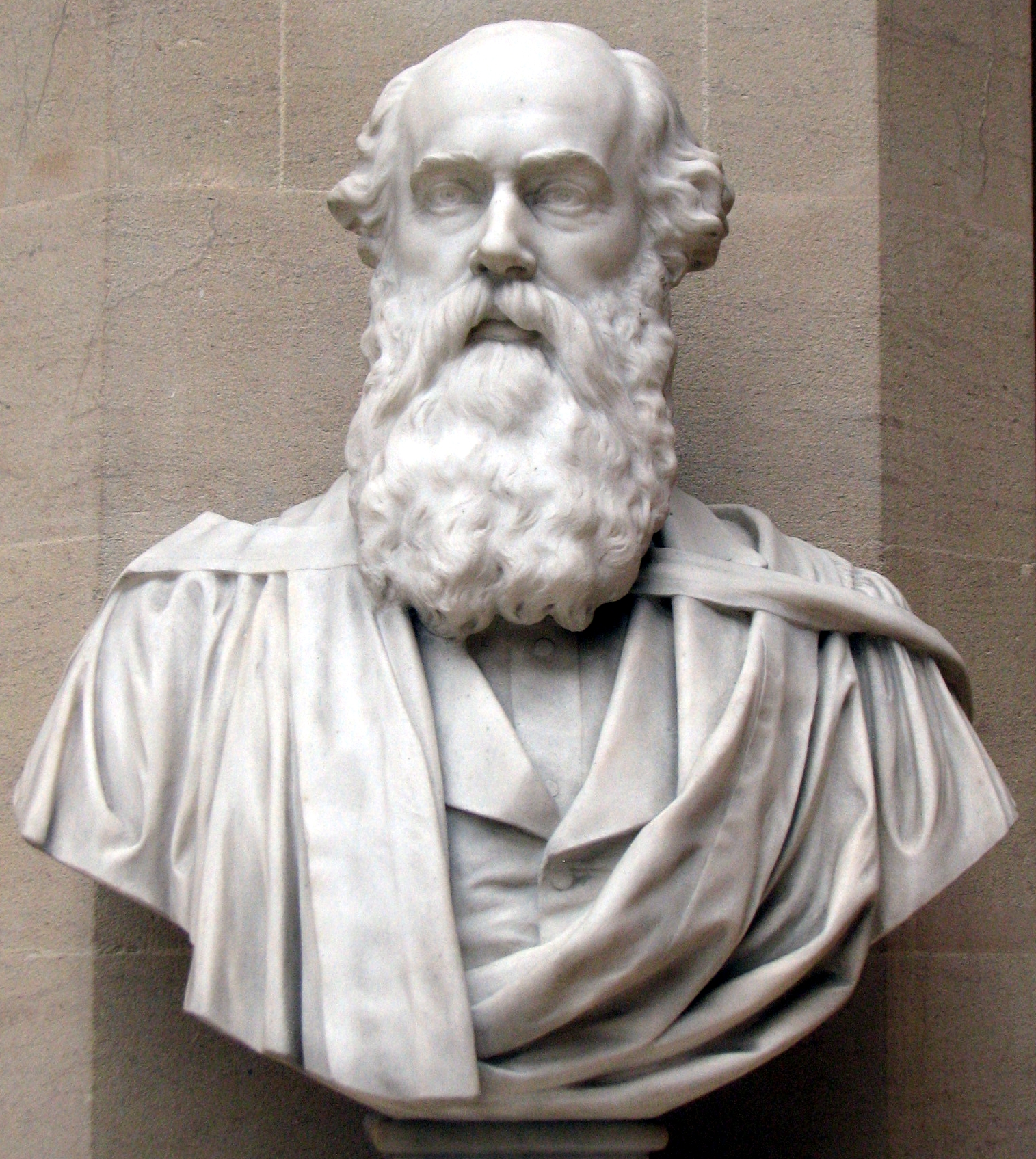As quoted by Alexander Macfarlane, Lectures on Ten British Physicists of the Nineteenth Century (1916) p. 95, https://books.google.com/books?id=43SBAAAAIAAJ&pg=PA95 "Henry John Stephen Smith (1826-1883) A Lecture delivered March 15, 1902"
Henry John Stephen Smith: Frases em inglês
Report on the Theory of Numbers (1859) Part I, p. 39.
The Collected Mathematical Papers of Henry John Stephen Smith (1894) Vol. 1
Report on the Theory of Numbers (1859) Part I, p. 59.
The Collected Mathematical Papers of Henry John Stephen Smith (1894) Vol. 1
As quoted in The Century: A Popular Quarterly (1874) ed. Richard Watson Gilder, Vol. 7, pp. 508-509, https://books.google.com/books?id=ceYGAQAAIAAJ&pg=PA508 "Relations of Mathematics to Physics". Earlier quote without citation in Nature, Volume 8 (1873), page 450.
Also quoted partially in Michael Grossman and Robert Katz, Calculus http://babel.hathitrust.org/cgi/mb?a=listis;c=216746186|Non-Newtonian (1972) p. iv. ISBN 0912938013.
Report on the Theory of Numbers (1859) Part I, p. 49.
The Collected Mathematical Papers of Henry John Stephen Smith (1894) Vol. 1
Report on the Theory of Numbers (1859) Part I, pp. 56-57.
The Collected Mathematical Papers of Henry John Stephen Smith (1894) Vol. 1
